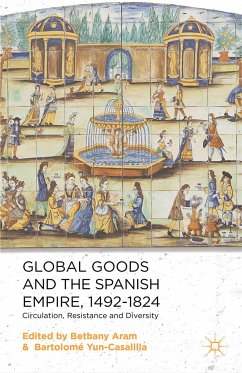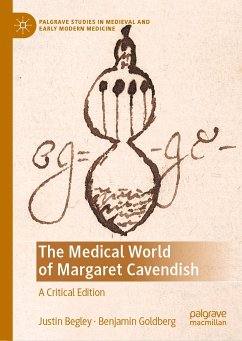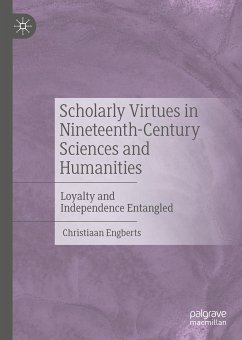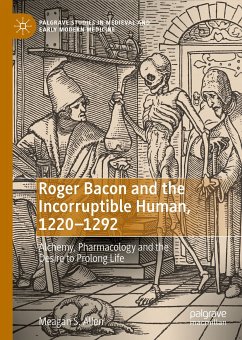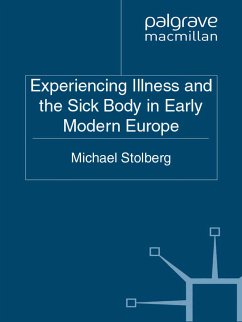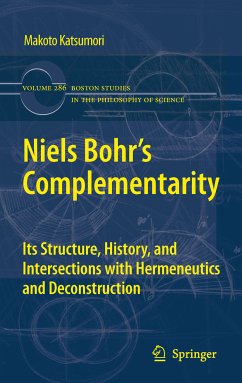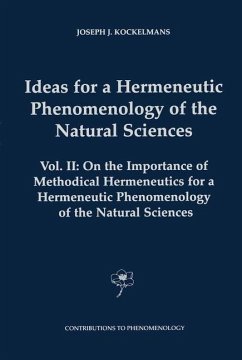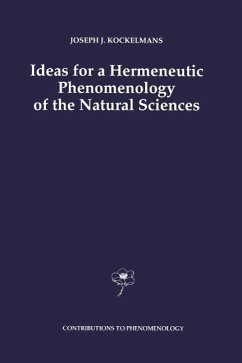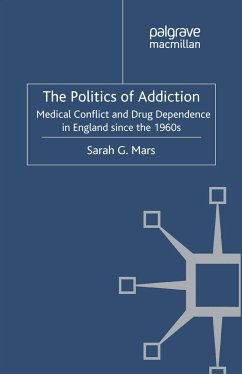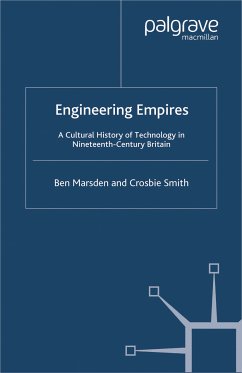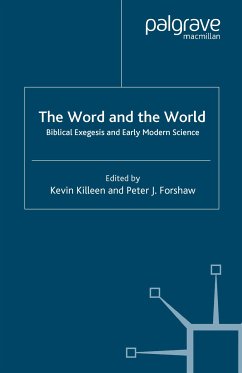
The Word and the World (eBook, PDF)
Biblical Exegesis and Early Modern Science
Redaktion: Killeen, K.; Forshaw, P.
Versandkostenfrei!
Sofort per Download lieferbar
36,95 €
inkl. MwSt.
Weitere Ausgaben:

PAYBACK Punkte
18 °P sammeln!
This book explores the impact of biblical reading practices on scientific thought in the Sixteenth and Seventeenth centuries. It addresses the idea that the natural philosophers of the era forged their new sciences despite, rather than because of, the pervasive bible-centeredness of early modern thought.
Dieser Download kann aus rechtlichen Gründen nur mit Rechnungsadresse in A, B, BG, CY, CZ, D, DK, EW, E, FIN, F, GR, HR, H, IRL, I, LT, L, LR, M, NL, PL, P, R, S, SLO, SK ausgeliefert werden.



